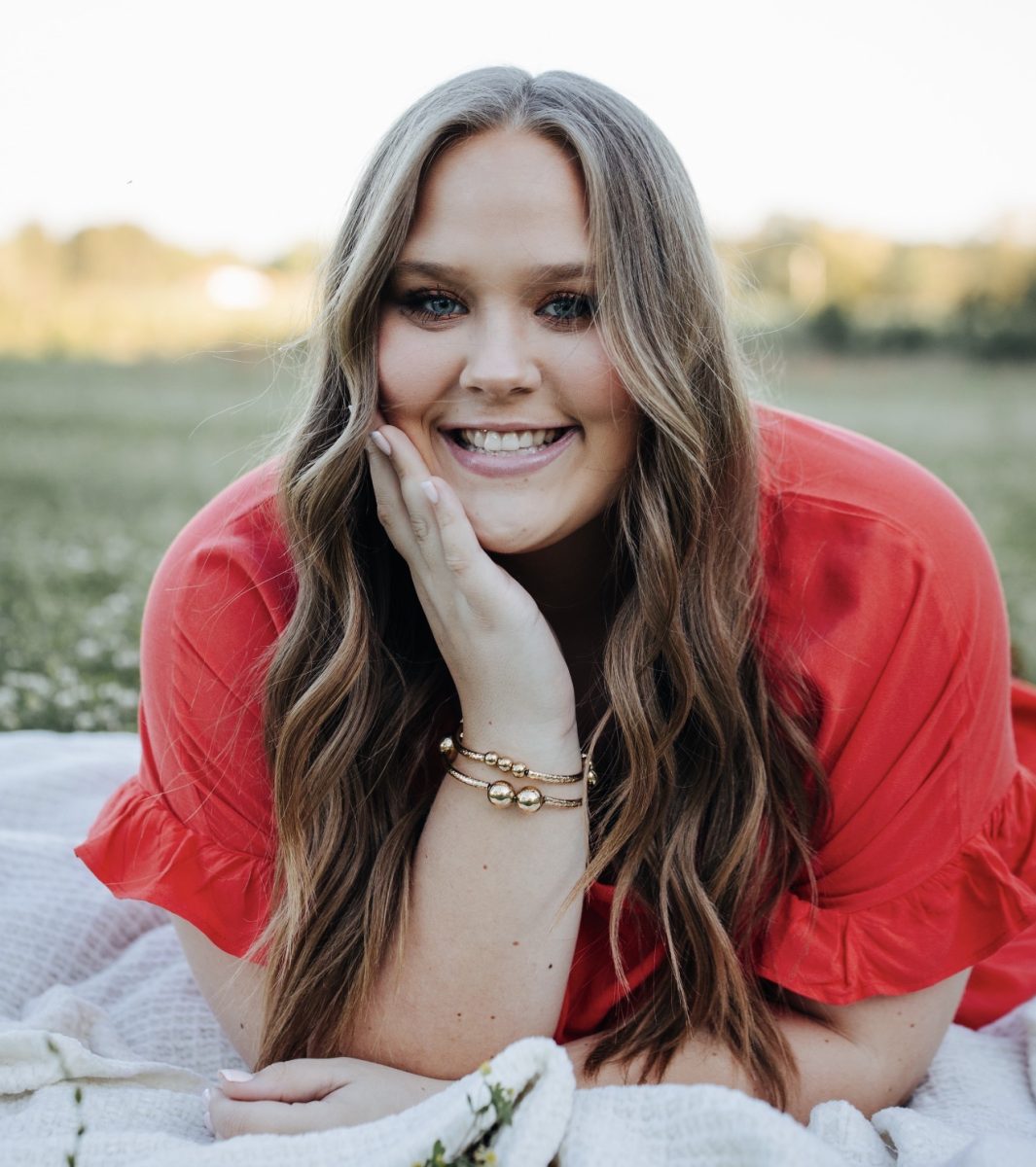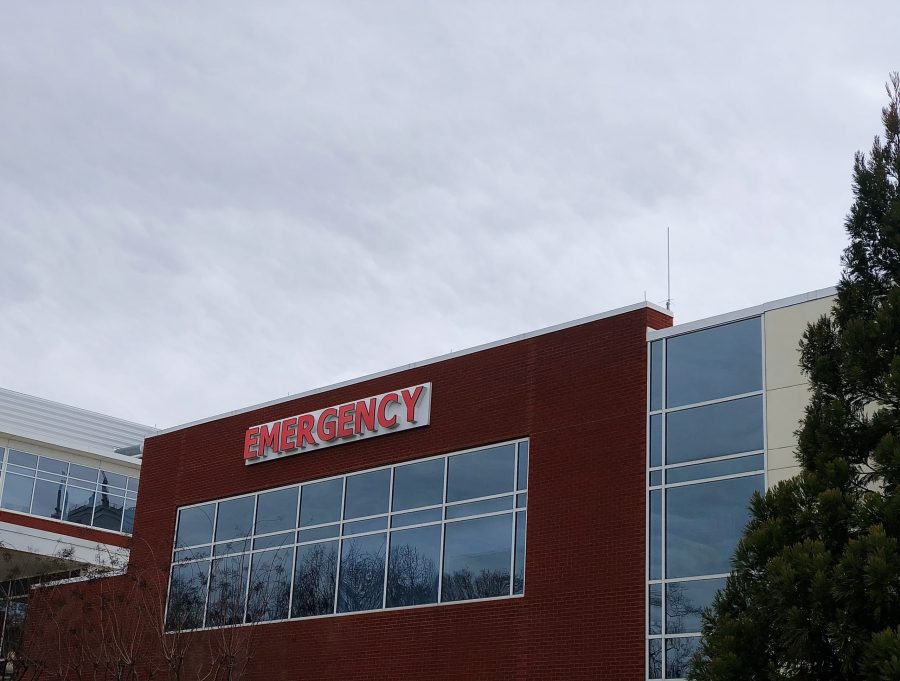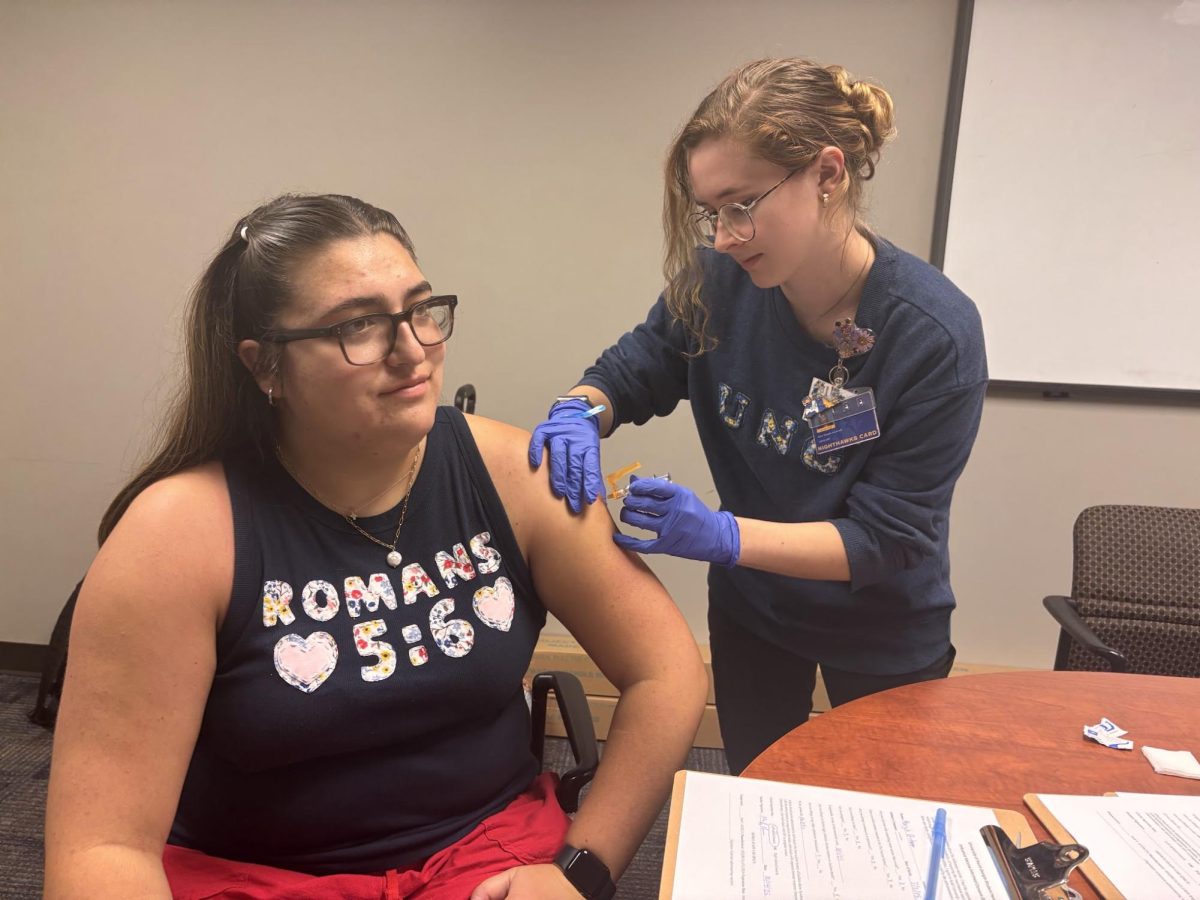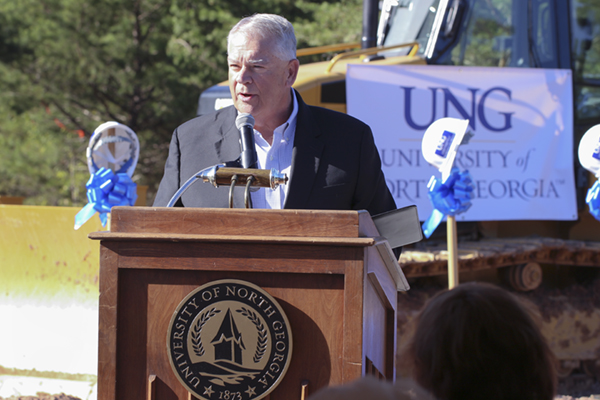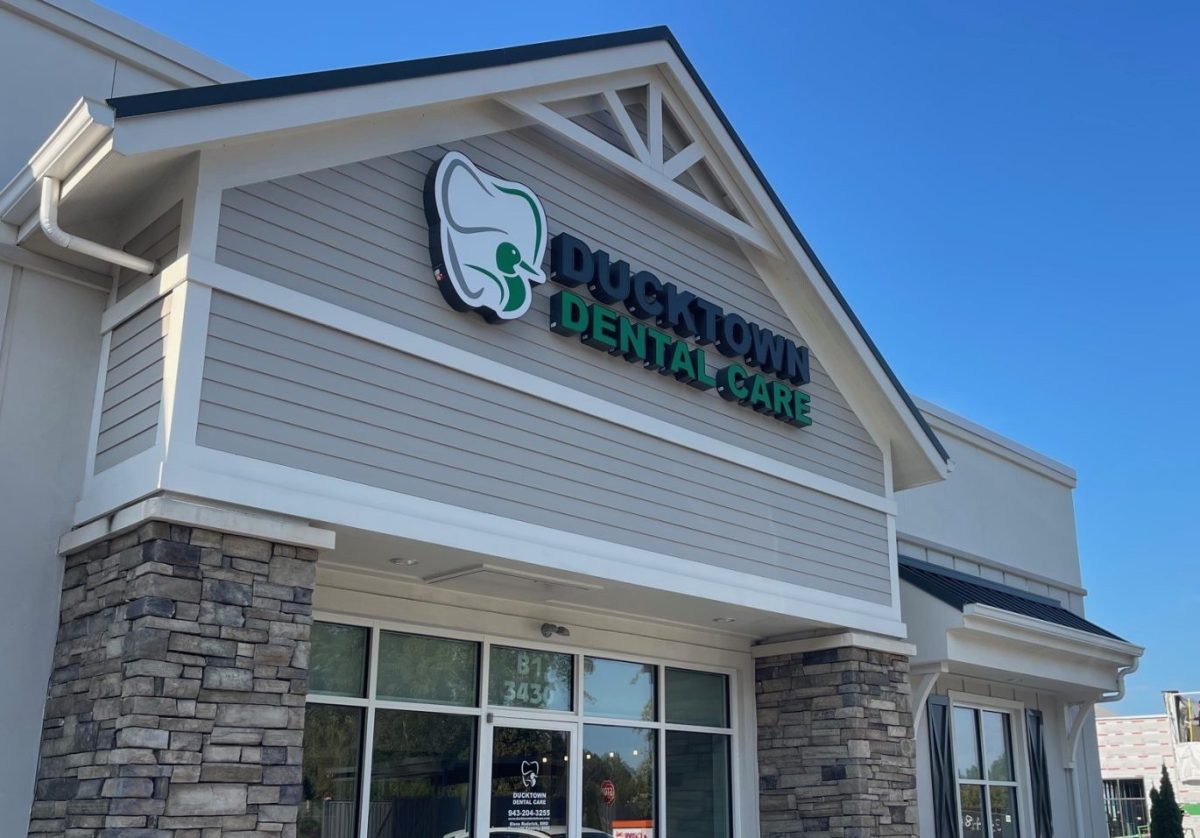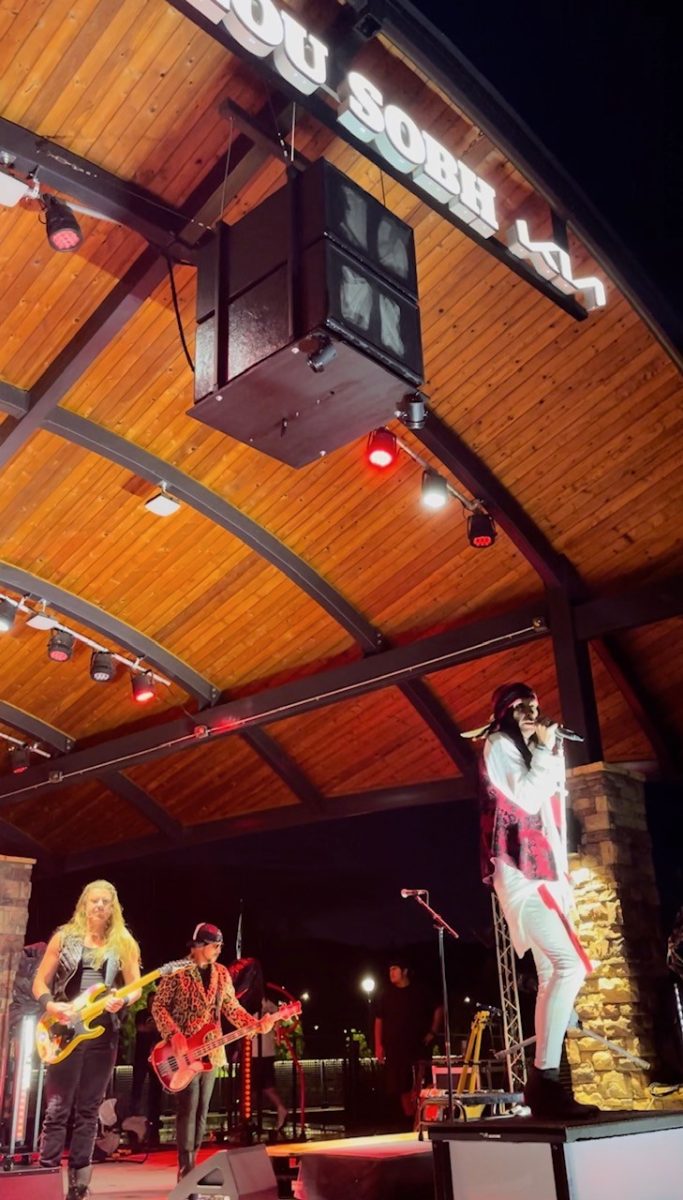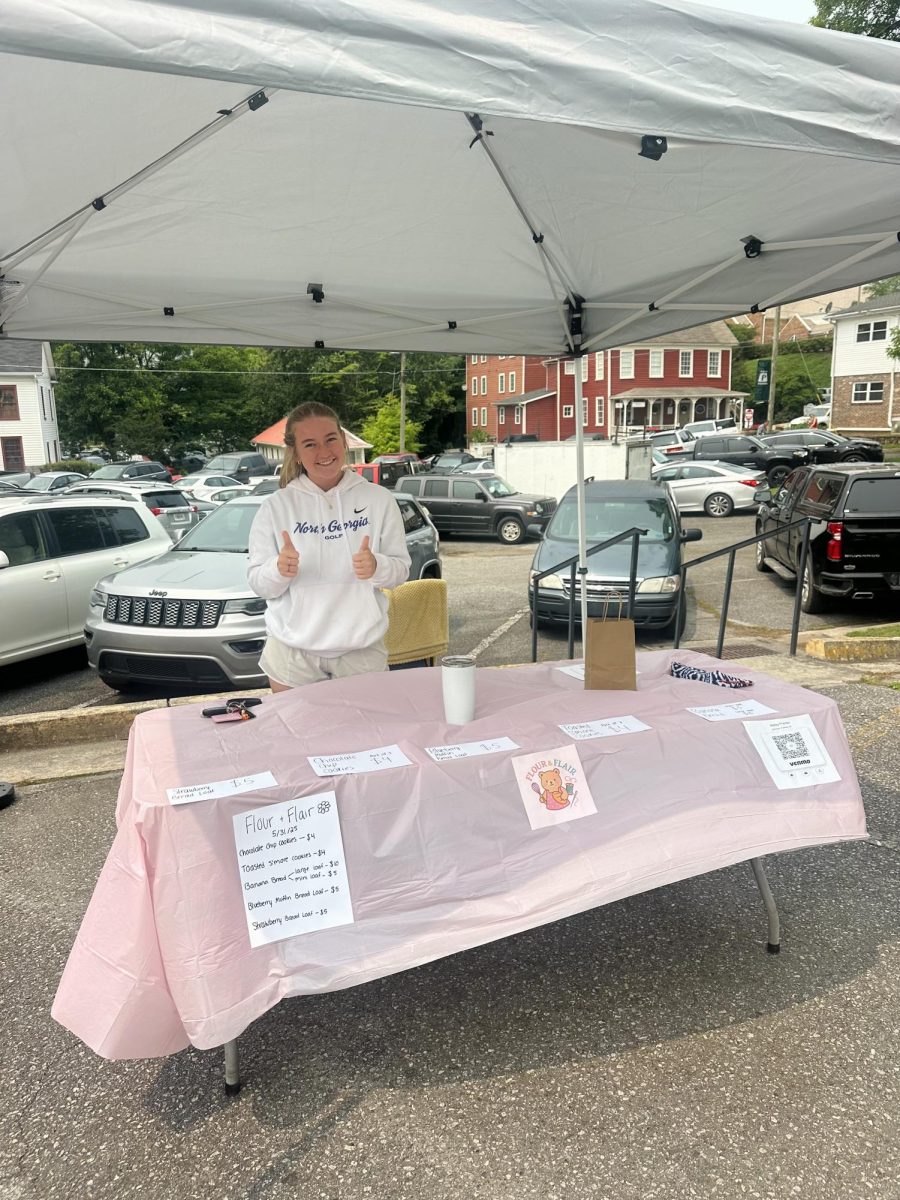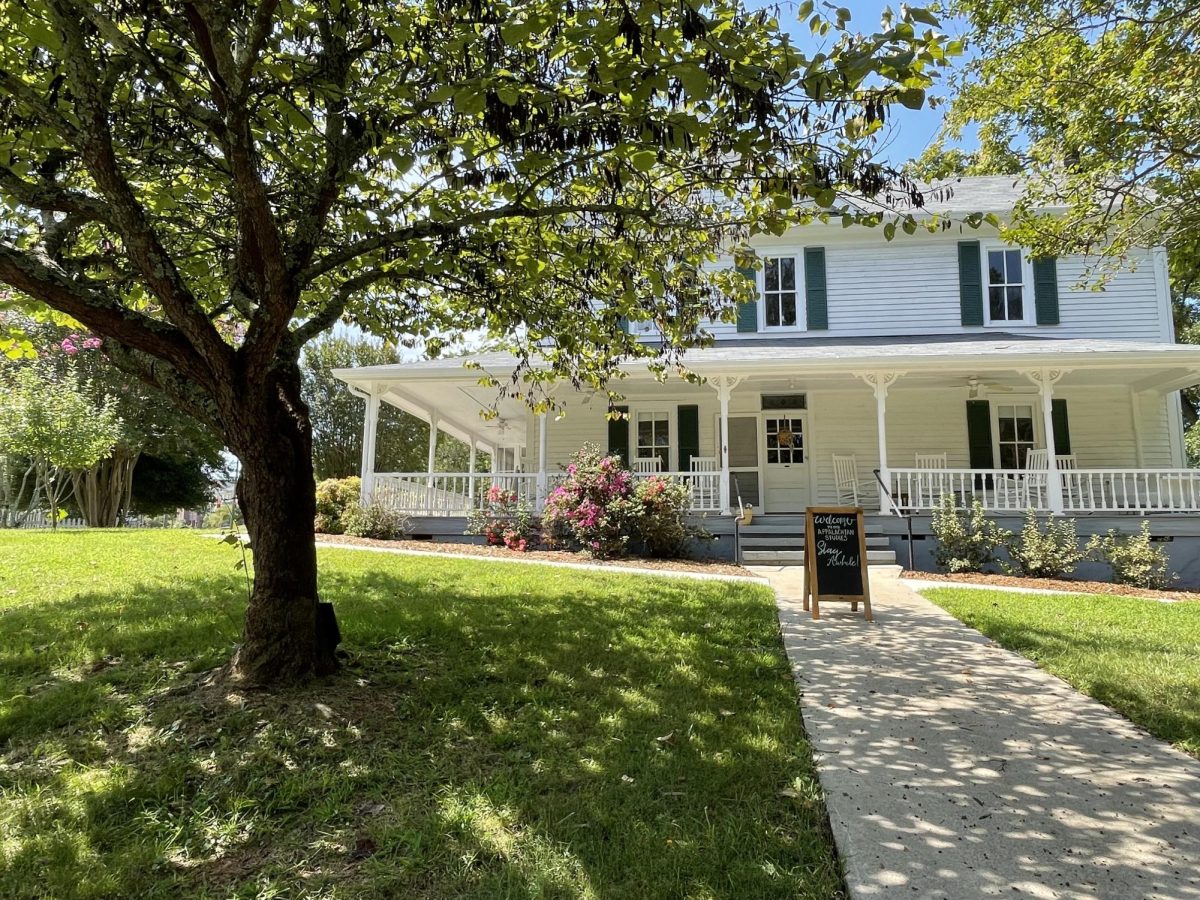Nurses have been fighting on front lines of the COVID-19 pandemic. While many hospitals continue to overflow with patients, nurses have not stopped their crucial role during this health crisis.
Alisa Toy clocks in for her twelve-hour shift at Northside Hospital’s emergency room at 7 a.m. By 7:15 a.m. the nurses know where they will be working for the day and get filled in on the hospital’s status by the charge nurse.
Toy is typically placed in triage where she is the first person a patient sees to determine where they need to be placed in the hospital based on complains and vital signs.
COVID-19 has not made her job any easier. Every person that comes through the front is screened for a fever and is required to wear as mask. If a patient needs CPR the doctor, nurse, and respiratory therapist put on powered air-purifying respirator masks before intubating the patient.
Anytime a nurse walks into a patient’s room they have to wear the N-95 masks and goggles. If the patient has COVID-19 a gown and gloves are also required.
“What has changed with COVID-19 and taking care of patients is that you can’t just run into a room really quick,” Toy said. “It has to be planned out a lot more and in the emergency department things happen so quickly that getting dressed and undressed takes up time.”
Even though many places were under lockdown in the spring and summer, Toy mentions that the highest peak is ongoing through the winter. During the summer, the hospital had tents set up for COVID-19 patients but there were never enough patients to use them.
Now the hospitals are seeing the peak. “The hospital has gotten so busy that some days it takes a lot of emotional and physical energy to go to work,” Toy said.
The hospitals are so full that many have gotten to the point where they go on diversion, meaning emergency medical services cannot bring patients to the hospital. The patient will sometimes have to wait up to 30 hours because there are no beds available.
At Northside hospital they have opened up more floors due to the many COVID-19 patients and are now building floors nine and ten.
COVID-19 continues to change the nursing industry. Toy mentions how there are a lot more nurses that are retiring now than ever before. But even with growing cases, nursing residents close to graduation are let into the ER so they can gain experience.
“It is a calling so if that’s what you feel like you were called to do then stick with it.” Toy said.” We’re all in this for one thing and it’s to help save a life, don’t be afraid to ask for help.”
Toy has not been vaccinated with the COVID-19 vaccine.” Personally, I just want to wait and see the long-term effects, not to say that the science behind it is wrong but you just can’t speed up time.”
Nurses have experience large amounts of stress and burnout during the pandemic. Toy incorporates praying, calling her mom, gardening, and spending time with her pets in her routine to help take care of her own well-being.
“Talking it through with other people that experience it helps. It’s tough but if you get upset and have to cry its okay, we’re all human but you have to get back.” Toy said.













